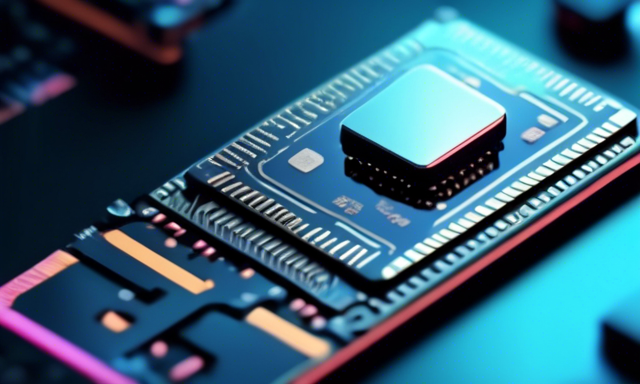Enhancing Education Through Technology: A New Era Awaits 🌍
Utilizing data effectively can lead to an improved quality of life and greater longevity. Exponential advancements in technology are revolutionizing healthcare access, gradually incorporating the global population into the system at lower costs than ever before. The impact of technology should be evaluated from the edges of society, particularly how these innovations can liberate marginalized communities. These populations possess valuable data that can be utilized to unlock various markets. Additionally, the field of education stands poised for disruption through a Total Marketing strategy.
The Integration of Technology in Education 📚
Educational environments have already begun to embrace technology through various applications. These platforms offer solutions similar to social networks, exemplified by services such as GoStudent, which provides personalized tutoring along with feedback for students and instructors, and Education First, which combines community involvement, travel, and lifelong learning opportunities for individuals of all ages.
The Role of AI in Shaping Modern Education 🤖
The potential of artificial intelligence, particularly its generative aspects, is only starting to be realized in the educational landscape. The World Economic Forum (WEF) highlights that now is the perfect moment to reassess and enhance our educational framework. This initiative is termed Education 4.0, paralleling other 4.0 initiatives associated with contemporary stakeholder capitalism.
Revolutionizing Learning Experiences Through AI ✨
The implications of AI on the educational sector are vast. Here are some key points of its transformative capabilities:
- Ultra-Personalized Learning:
- AI can provide individualized teaching experiences using avatars or bots.
- Dynamic Curriculum:
- Curriculum content can evolve continuously to encompass essential digital skills, coding, AI functions, and pressing subjects like cybersecurity and data privacy.
- Data Utilization for Improvement:
- The ability to collect and analyze usage data on an ongoing basis can provide valuable insights back to students, families, educators, and policymakers.
- Enhanced Global Collaboration:
- Improved data flow allows for rapid sharing of successful practices and facilitates education access for underserved regions and populations.
Transforming Learning Tools and Practices ✏️
The advancements highlighted by the WEF reveal significant improvements in literacy rates and increased female participation in STEM fields. These positive trends contribute to a more informed dialogue regarding educational systems across various regions, from Africa to Asia and Western nations. However, while these innovations show promise, there are critical challenges to overcome.
Addressing Challenges in the Educational Landscape ⚠️
Two pressing issues stand out: the digital divide and the necessity for global consensus on data protection and the ethical use of AI in education. Currently, around 2.6 billion people lack access to the internet, emphasizing an urgent need for significant investments in technical infrastructure.
Organizations like Edison Alliance are already working towards connecting one billion individuals by 2025 through collaborative public and private initiatives. Furthermore, achieving international agreements on data protection and responsible interactions with AI is crucial, especially concerning underage students. This strategy should consider how to process and derive economic value from personal data as we incorporate AI into educational systems.
Ensuring a Safe Learning Environment for Future Generations 👨🏫
A blend of human and digital educators must prioritize the safety and welfare of students. Protecting them from machine influences and safeguarding them from ulterior motives presented by various stakeholders is vital. Education should focus on cultivating critical thinking abilities alongside functional skills, encouraging students to innovate and challenge existing norms. This development will empower them to contribute positively to their communities and prepare them for the economic benefits stemming from Education 4.0.
In conclusion, with the right frameworks in place, technology has the potential to significantly reshape education, paving the way for future generations to thrive in an increasingly complex world.





 By
By
 By
By
 By
By
 By
By

 By
By